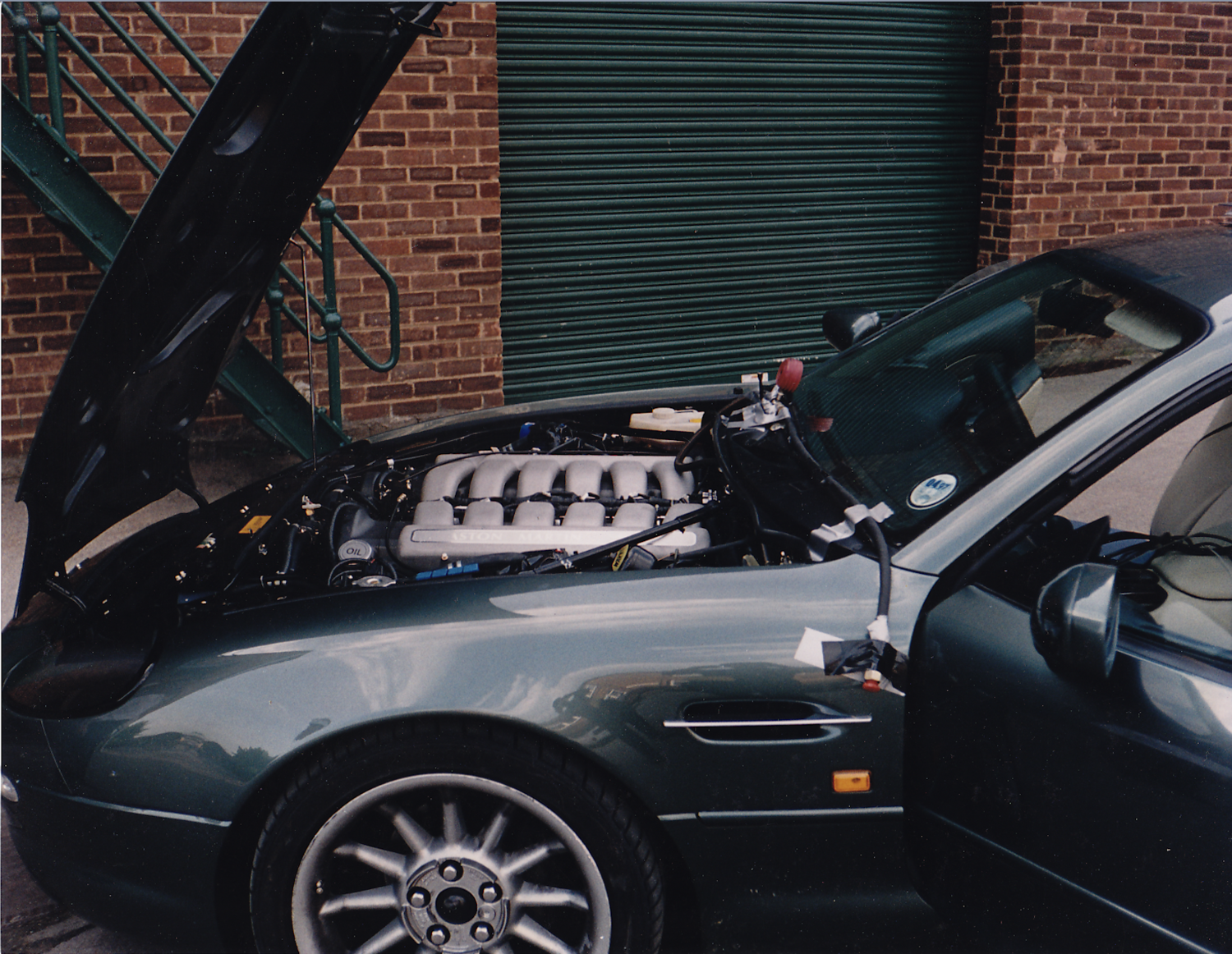I remembered when my cousin was a Mercedes loyalist. Their SLK320, and then their CLK320 spent more time at the dealership than them driving. I even remembered the shotty quality of the SLK320, where the glovebox did not align properly (it was badly off), compared to my plebian Golf.
After spending too much money fixing problems, they went with a Camry, and had no real issues with it, other than it didn't drive like a German car.
driving a hybrid....
Driving up a long hill... it doesn't run out of power, as it's not using full engine power AND the power split device can switch around the power from/to charging instantly. Your mpg's does take a dive though, like any other car, if you're driving an EV....the range takes a huge nose dive.
Pop the mode selector into "Sport" mode, and it makes a huge difference in how it behaves, compared to "ECO" mode where I drive 99% of the time.
With brakes, most of the time, it's on regenerative brakes, so your brakes will tend to rust out before it needs replacement, except for emergency braking and the last couple of mph before coming to a stop. After climbing that long hill, and you go back down, the regenerative brakes will get the HV battery to 100%, where normally Toyota likes to keep it at 80% max (for longer battery life)
Back to parts....
shopping for German parts is a lot easier than Toyota. At least the suppliers sell the same part as the manufacturer packaged part, for less money, and you have a lot of competition with German parts suppliers, a lot more than Toyota.
A Toyota rear wiper blade refill, the dealership charged me $20 for a 10" long insert. Compared to buying a full Bosch blade on Amazon:
The only exception is oil. Non-Germans tend to allow API specs as the minimum standard, and meeting the minimum standard, means since this is BITOG, the additive package can vary greatly, from minimum standard to ultra premium. With the Germans, they limit the aftermarket buy making sure the oil is certified to their standard, not a general ACEA standard.
Also with labor rates....
if you have a car, let's say Toyota vs Lexus, or VW vs Audi... you can have 2 different labor rates. One for the common people (Toyota & VW), and a higher one for rich people (Lexus & Audi), so you get charged a Luxury tax with labor rates. Of course labor rates also depend on overhead and other expenses needed to keep the shop running, and especially the location of the shop.

